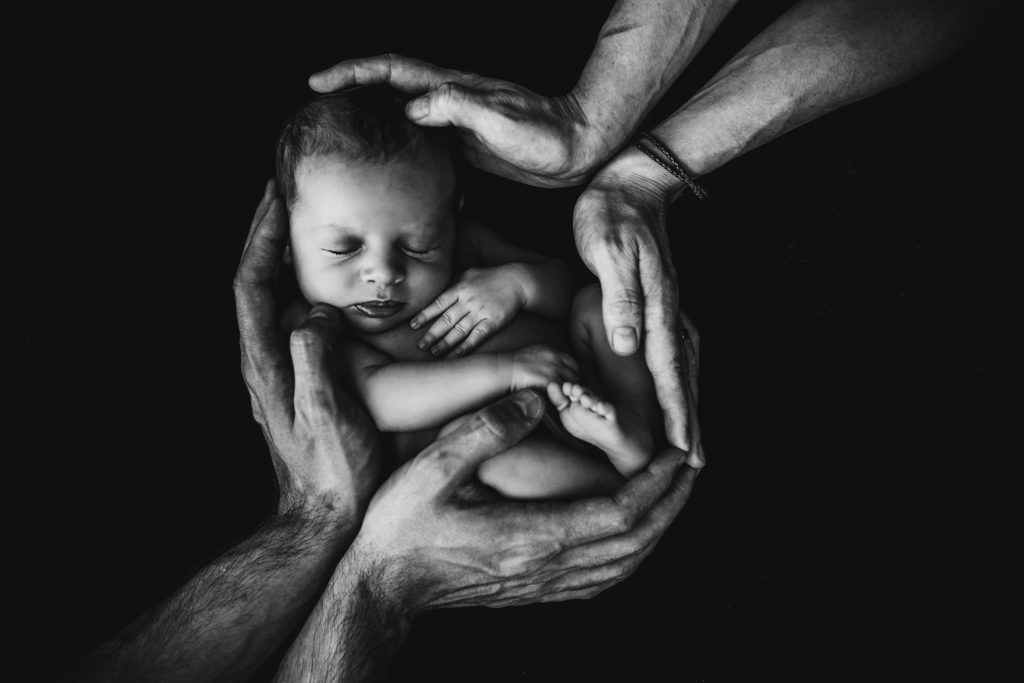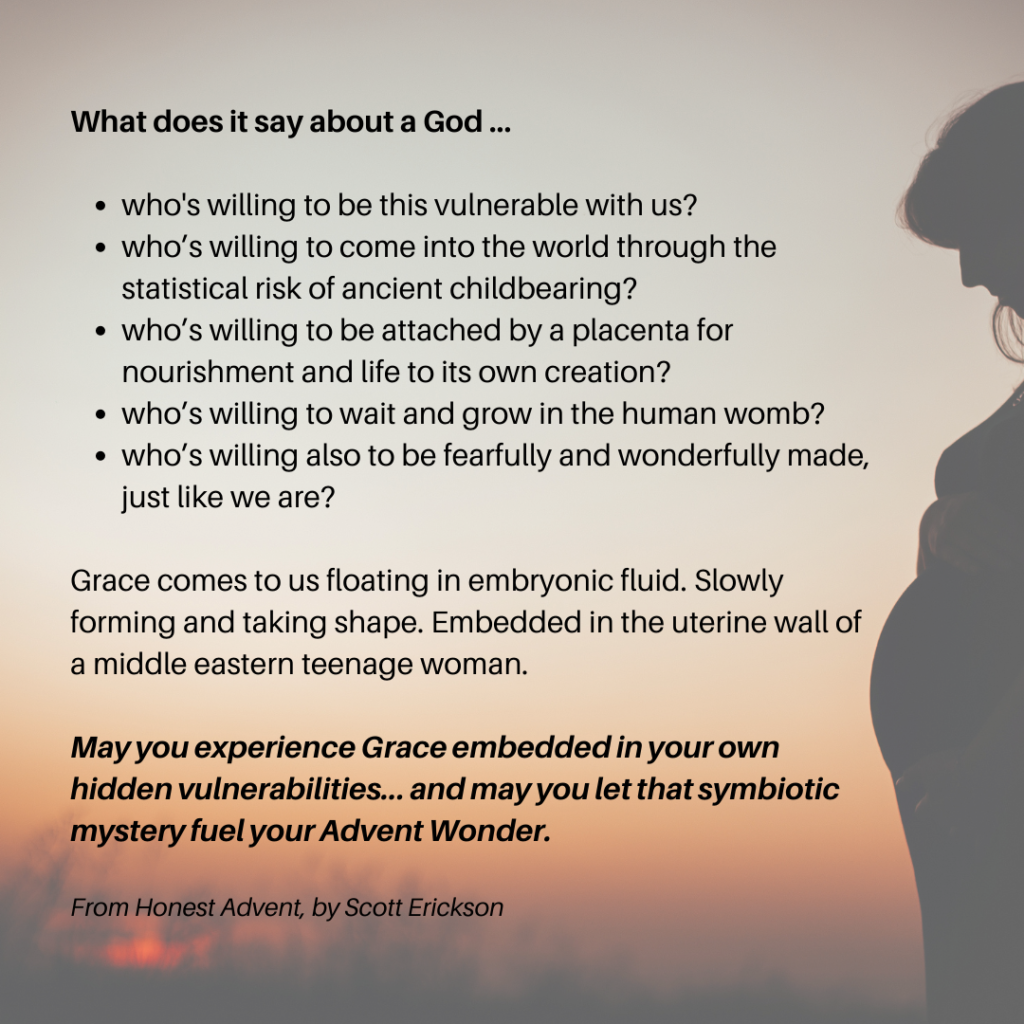I love the song “Labor of Love’s” opening line, “It was not a silent night.”
“Labor of Love” is written by Andrew Peterson. I’m sharing Jill Phillips’s version below.
We tend to romanticize the birth of Jesus. But let’s think about that for a moment. Obviously, those were different times – no electricity, air conditioning, heat, or running water. The couple traveled some 70, maybe 90 miles by donkey in Mary’s last months of pregnancy, only to arrive to stay on the lower floor of a home where the host family kept their animals. I haven’t spent much time in a barn, but I remember the smells. I like this description from Charlotte’s Web:
“The barn was very large. It was very old. It smelled of hay and it smelled of manure. It smelled of the perspiration of tired horses and the wonderful sweet breath of patient cows. It often had a sort of peaceful smell as though nothing bad could happen ever again in the world. It smelled of grain and of harness dressing and of axle grease and of rubber boots and of new rope. And whenever the cat was given a fish head to eat, the barn would smell of fish. But mostly it smelled of hay, for there was always hay in the great loft up overhead. And there was always hay being pitched down to the cows and the horses and the sheep.”
E.B. White, Charlotte’s Web

Imagine giving birth alone, with no midwife, nurse, or doctor. No sterile conditions. No medications to relieve the pain. Mary was young; this was her first child. First babies often involve long and arduous labor. The pain of childbirth is real, and it was no different for this birth. No doubt Mary cried, and Joseph worried.
The Savior of the world slipped through the birth canal of a woman, feeling the compression of contractions. His body twisted and turned as he was being expelled, his skull molded by the narrow descent. The compressions acted like a pump expelling the amniotic fluid, prepping him to breathe the fetid air of the barn. Jesus, our creator, redeemer, our Emmanuel, endured the most intimate experience of his creation, human birth. He did this for you … for me.

The night had to be difficult, scary, and painful. In our season of light, joy, and celebration, it might be helpful to reflect on the humanness of this night.
Young Mary, a poem
I know not all of that which I contain.
I’m small; I’m young; I fear the pain.
All is surprise: I am to be a mother.
That Holy Thing within me and no other
Is Heaven’s King whose lovely Love will reign.
My pain, his gaining my eternal gain
My fragile body holds Creation’s light;
Its smallness shelters God’s unbounded might.
The angel came and gave, did not explain.
I know not all of that which I contain.
Madeleine L’Engle, “Young Mary”
Invitation
Jesus left the splendor of heaven, remaining fully God, becoming fully human, condescending to be like us. He was born of a woman, experiencing birth, pain, tears, and growth. As God, He did not shy away from the messiness of His creation. And He chooses even now to walk with us in our pain, tears, and growth, in the messiness of our lives. He understands our weaknesses; He is intimately aware of our frailty.
Prayer
Father, may the rawness of Jesus’ birth capture our imaginations and help us realize the magnitude of His sacrifice. Thank you, Jesus, that You came in real human flesh, with a real human spirit, though without sin, so that you can empathize with our human condition. Spirit of God, fill our hearts today with all joy and peace, and may our hope overflow to all those we meet today. Amen.